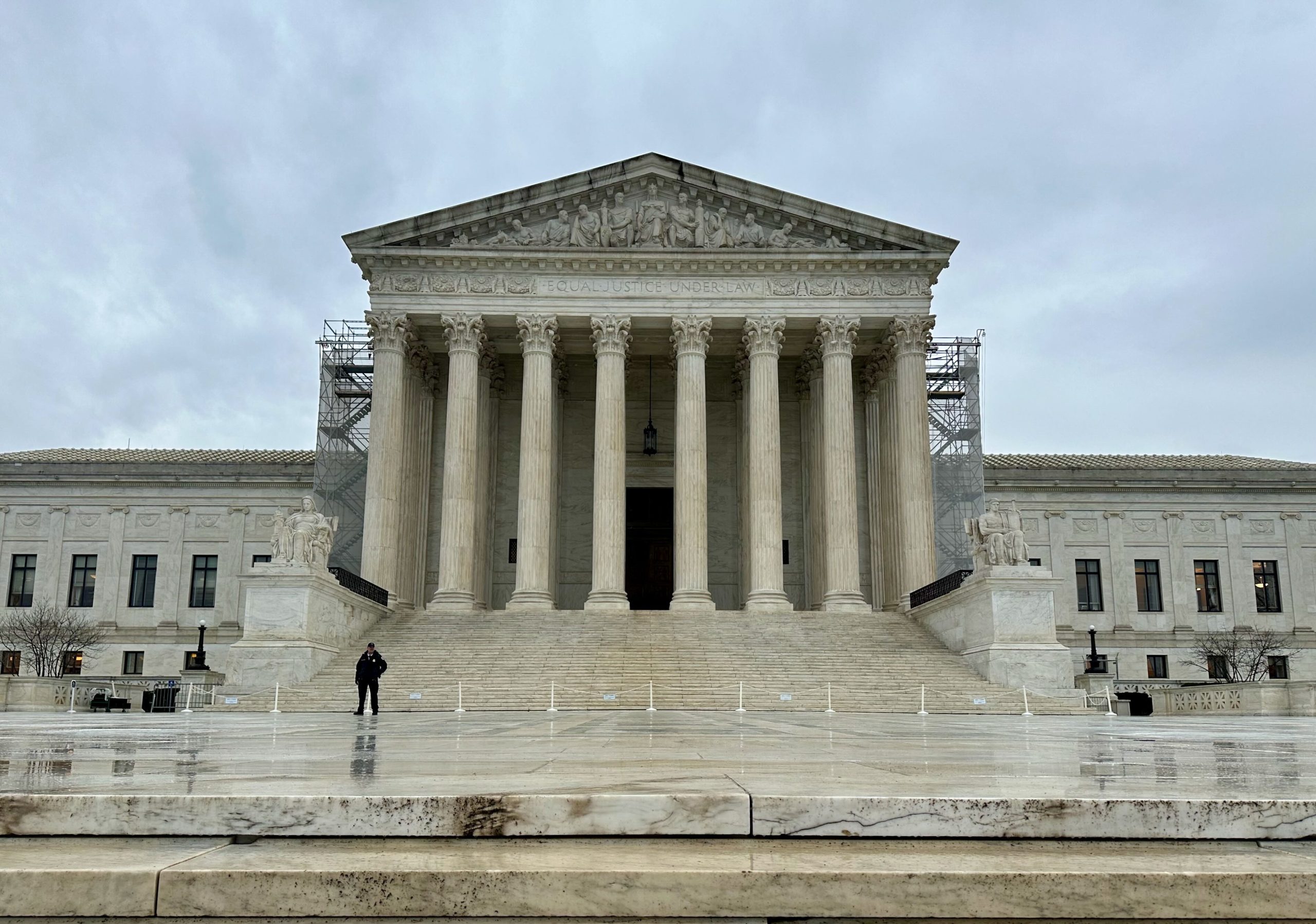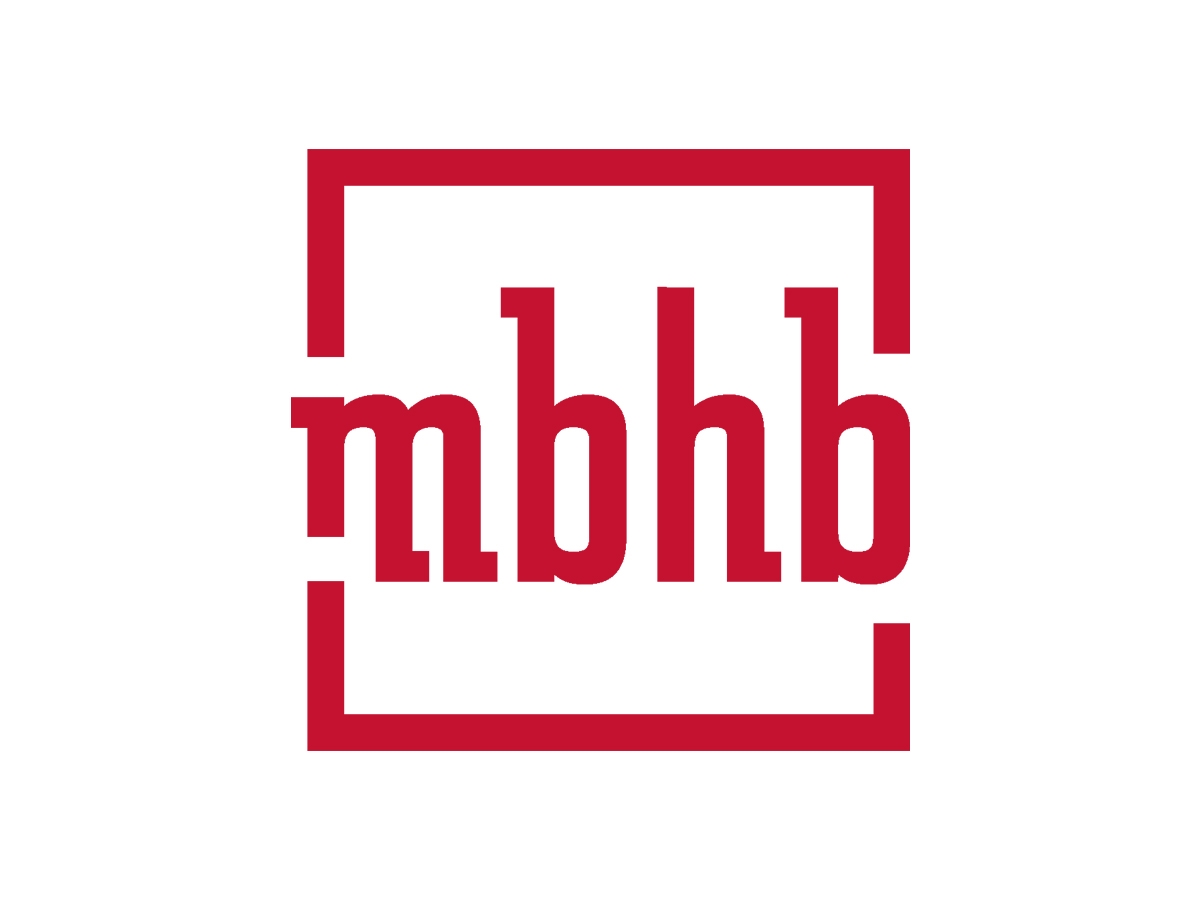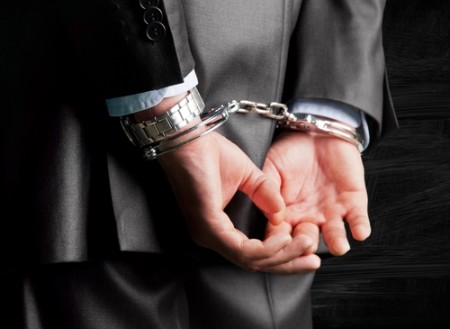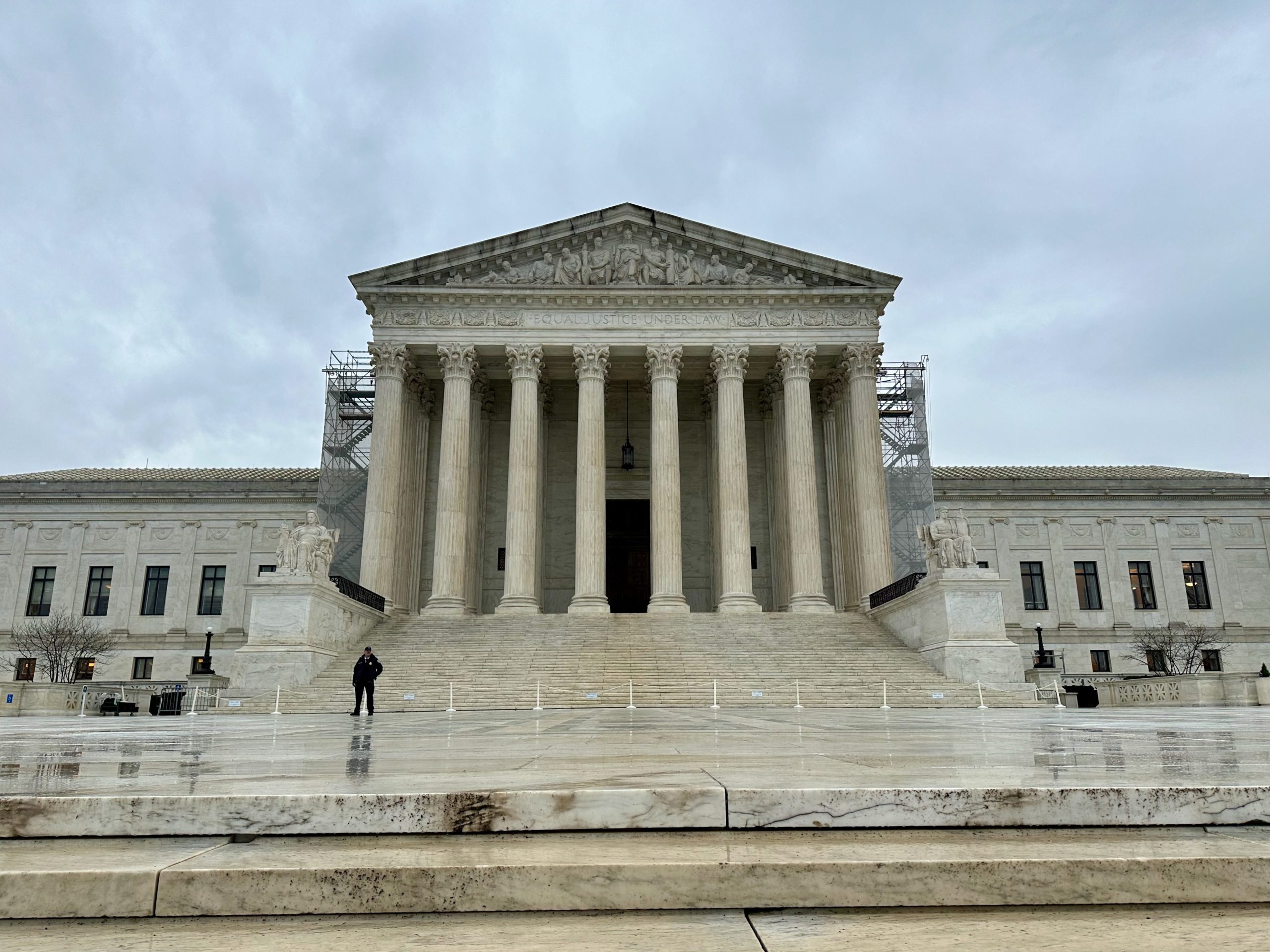Federal trademark law and doctrines on corporate identity
CASE PREVIEW
In the long-running trademark dispute involving two companies marketing real estate development services and both using the Dewberry name, a court ruled that Dewberry Group’s entities had infringed on the “Dewberry”, marks of Dewberry Engineers. The problem is, when it came to assessing damages, a court ordered Dewberry Group pay $43 million as damages for profits earned by affiliates who were not parties to litigation, reasoning that they were, in practice, a single corporate entity. When the court appeals accepted this line of reasoning, it was decided that the Supreme Court would review the matter. The court was asked to review the matter on Wednesday because the Supreme Court has already addressed the issue in a case that is very similar – United States v. Bestfoods – where the justices rejected the government’s argument that the Comprehensive Environmental Response, Compensation, and Liability Act was so important that it should create an exception to traditional state law doctrines which require a high (indeed, all but insurmountable) bar for actions seeking to ignore corporate identities and “pierce the corporate veil”. The infringers cite the Lanham Act which requires the disgorgement “of the defendant’s profits”. This language suggests that a prudent plaintiff would sue all entities from whom it hopes to recover damages and, therefore, make them “defendants
“. Because all of the damages awarded here were profits earned by other entities (none of which were a “defendant”), the infringers argue that none of those profits properly can be disgorged.
Presumably because Bestfoods is so plainly on point, the trademark holders, Dewberry Engineers, make no serious effort to defend the reasoning of the lower courts. They instead point to a Lanham Act provision that gives the court the power to assess damages at a “just” level if a compensatory award would be insufficient. The trademark holders argue that a large portion of the profits should be attributed to Dewberry Group. This could be because shady accounting incorrectly allocated all profits to the affiliates or because the other entities were shams. Dewberry Group argues that this issue was never raised in court and there is no evidence to support the claim. The justices will likely spend most of the argument examining the record to see if any of the possible reasons for attributing the affiliates’ profits to Dewberry Group are supported. They may also be concerned about how bad it would be for them not to address these questions in the first instance.






